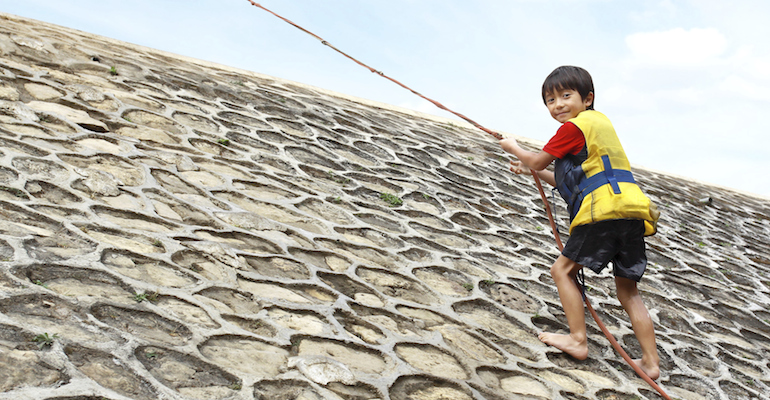Our daughters were almost too adaptable.
We find that our two adopted daughters are remarkably resilient. When they came to us (as sisters placed for fost/adopt) after several years in the foster care system, we noticed how carefully they studied us and our ways, and tried to adapt quickly to our existing ‘family culture’ (we have three biological children as well). Their quick attempts to merge, to please us, and to fit in made their transitions into our family amazingly harmonious, but my husband and I were worried that they were being ‘too good,’ that they had learned through experience that it’s a good idea to be liked by their caretakers. Far from being oppositional, they were almost TOO agreeable! We were very glad when signs of independence started showing, or there was a case of the sulks, or some minor backtalk; it showed they felt secure enough not to be on their best behavior, but just to be relaxed in our family.
Nonetheless, they seemed (and still seem) like eager sponges, soaking up the many new experiences and opportunities that were never available to them before. In fact, the younger of our two new daughters said to me recently, musing on all she had been doing that day: “When we lived with our birth family there was just a little time for doing things, but not very much got done… and then when we lived in foster care, there wasn’t ever really time for anything … but now — it’s like there’s so much stuff we can do AND somehow enough time for doing everything!”
—Kathryn
Bounce-back kids don’t need “containers”
We have two sons who have very different personalities, and so are resilient in very different ways. Our oldest (6-years) is very concrete, intense, and negotiates consistently. He lost sledding privileges a few days ago after not following the neighborhood rules about other people’s yards. Consequently, he had to come inside, leave his friend, and couldn’t join the family sledding outing later that day. He cried and negotiated and threatened. I kept my boundary clear so that he would know what the rule was, how he broke it, and what the consequence was. He was sad, cried, and made threats (i.e., I’m going to see my friends anyway), but we mirrored his disappointment and made clear that there would be further consequences if he broke more rules. He didn’t. Later, he understood his behavior, and acknowledged the consequences. We honored and respected his disappointment, but still kept our boundaries clear. He recognized his power over his behavior, and his ability to make poor or wise choices, and I think he bounced back from this incident with to a higher level of self-responsibility.
Parenting firmly and without judgment goes a very long way in helping us raise our kids so they can honor their core self after being stretched somehow in their own life. They bounce back to themselves, with us being their “container” while they do this.
—Prue
Like a rubber ball!
Our son (2-years) bounces back like a rubber ball. He is like the energizer bunny. If he is seriously upset he can easily be calmed with a generous dose of Mommy’s Love, and then once the tears and hysterics have ended he is back to he usual self and is ready for more Thomas the Train. This, of course, is a blessing for us as parents, but I sometimes wonder if his emotions are too superficial?
—An AF Reader



